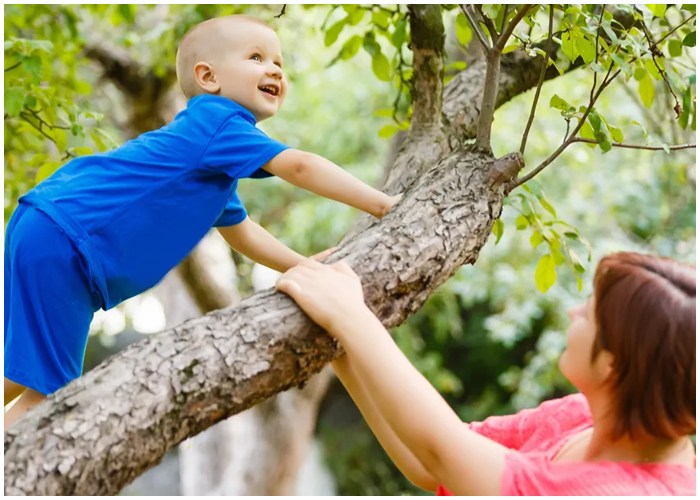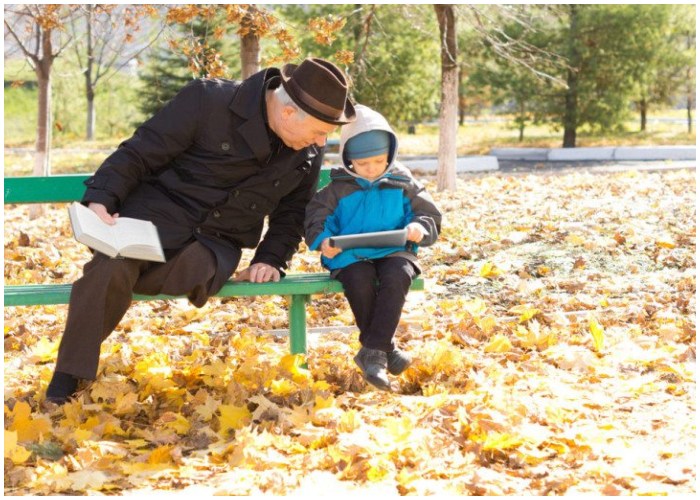Parenting is one of the most rewarding yet challenging jobs anyone can undertake. With an overwhelming amount of information available today, it’s easy to get lost in a sea of advice, some of which may do more harm than good. Many so-called “expert” opinions on parenting are shared widely, but not all of them stand the test of common sense. While there’s no one-size-fits-all approach to raising children, it’s crucial to discern helpful tips from those that could lead to unnecessary guilt or confusion. Here are eight pieces of popular parenting advice that might sound wise on the surface but should be taken with a grain of salt.
1. “Good Job” or “Great Job” Is Harmful
One of the most debated pieces of advice is the claim that praising your child too often with phrases like “Good job” will make them overly dependent on external validation. The theory suggests that kids will only strive for praise rather than internal satisfaction. However, this advice can be more damaging than beneficial. Praise, when genuine and specific, helps build a child’s confidence and encourages them to continue improving. Rather than abandoning praise altogether, focus on praising the effort and specific achievements to foster intrinsic motivation.
2. Avoid Saying “Don’t Cry”
Another controversial tip is the idea that telling your child not to cry invalidates their feelings. While it’s true that children need to feel understood and supported, this doesn’t mean you can’t comfort them. Instead of avoiding the phrase, you can offer support by acknowledging their feelings and providing comfort. Phrases like “It’s okay to cry, but let’s talk about what’s upsetting you” can be more effective, showing empathy without dismissing their emotions.

3. Don’t Warn Kids to “Be Careful”
It’s a natural instinct for parents to tell their kids to “be careful” when they see them engaging in risky behavior. Some experts argue that this warning can make children overly cautious or anxious. However, this advice overlooks the importance of teaching children about safety. Instead of completely removing this phrase, you can explain why they need to be careful, helping them understand the potential consequences of their actions while still encouraging exploration and learning.
4. “I’m Proud of You” Will Make Your Child Too Dependent
Some suggest that expressing pride in your child might make them feel responsible for your emotions. However, this advice is overly simplistic. Children need to know that their parents are proud of them, not just for their achievements but also for their efforts, values, and growth. The key is to express pride in a way that highlights their actions and decisions, reinforcing positive behavior rather than creating a dependency on approval.

5. Telling Kids “Don’t Talk to Strangers” Is Confusing
This piece of advice is often criticized for being too vague and potentially confusing for young children. Critics argue that children may misinterpret the advice and avoid seeking help from safe adults in emergencies. While it’s true that the concept can be complex, completely abandoning this advice can be dangerous. Instead, parents should have more detailed conversations with their children about which types of strangers are safe to approach and when it’s appropriate to seek help.
6. “Don’t Worry, Everything Will Be OK” Minimizes Concerns
Telling a child that everything will be okay is sometimes seen as dismissive, potentially leading them to feel that their concerns are unimportant. However, offering reassurance is a critical part of parenting. Rather than avoiding this phrase, you can acknowledge their worries first and then provide reassurance. For instance, saying, “I understand you’re worried, but let’s figure this out together, and I’m here to help you” combines empathy with comfort.

7. Avoid Saying “We Can’t Afford That”
Some experts warn that telling your child “we can’t afford that” can instill fear about financial instability. However, teaching children about the value of money and the reality of financial limitations is a crucial life skill. Instead of avoiding the topic, you can explain budgeting in a way that’s appropriate for their age, helping them understand the importance of saving and making wise financial choices without causing unnecessary worry.
8. Stop Using “What a Beautiful Picture”
Lastly, there’s advice that suggests you shouldn’t praise your child’s artwork with phrases like “what a beautiful picture” because it allegedly prevents them from evaluating their work independently. This advice can lead to parents feeling hesitant to encourage their child’s creativity. In reality, positive feedback is essential for building confidence in young artists. Instead of eliminating praise, you can mix it with open-ended questions like “What inspired you to draw this?” to stimulate their critical thinking while still showing appreciation.